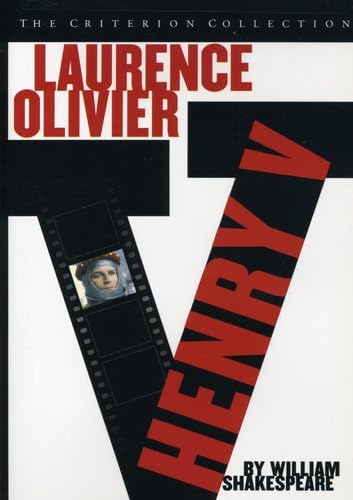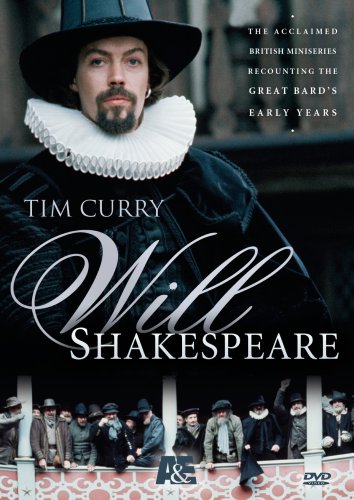 Selected Sonnets. Dir. Kevin Billington. Perf. Michael Bryant and John Mortimer. Videocassette. Films for the Humanities, 1988.
Selected Sonnets. Dir. Kevin Billington. Perf. Michael Bryant and John Mortimer. Videocassette. Films for the Humanities, 1988. You're apt to find some odd things when you wander around the videocassette section of a college library. Handbell care videos, advanced bowling seminars, cat show documentaries, and presentations of Shakespeare sonnets are among these oddities.
In the last category, I found a video with John Mortimer offering some explication of Sonnet 94: "They that have power to hurt, and yet do none." First, an actor reads (quite well, I think) the sonnet; then Mortimer offers some thoughts. I'm only offering a small but representative sample of his delightful ten-minute commentary:
There you have a slice of what is really quite an interesting video—though the commentators are far too inclined to state with absolute and reductive certainty which precise people Shakespeare had in mind while writing the sonnets. As an example of the limits and benefits of what is now called "Old Historicism," it works well.
And that final, stunning couplet keeps ringing in my ears:
For sweetest things turn sourest by their deeds;
Lilies that fester smell far worse than weeds.
Click below to purchase the film from Films for the Humanities and Sciences






























.jpg)











